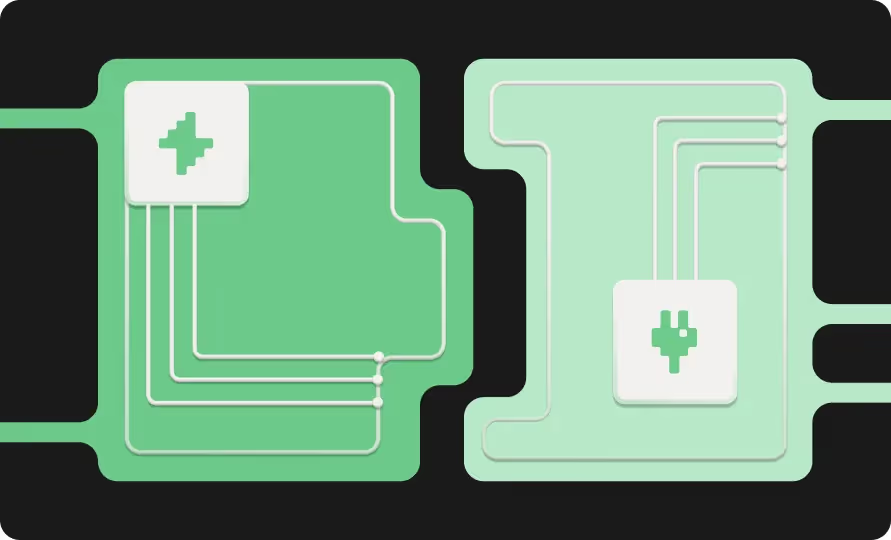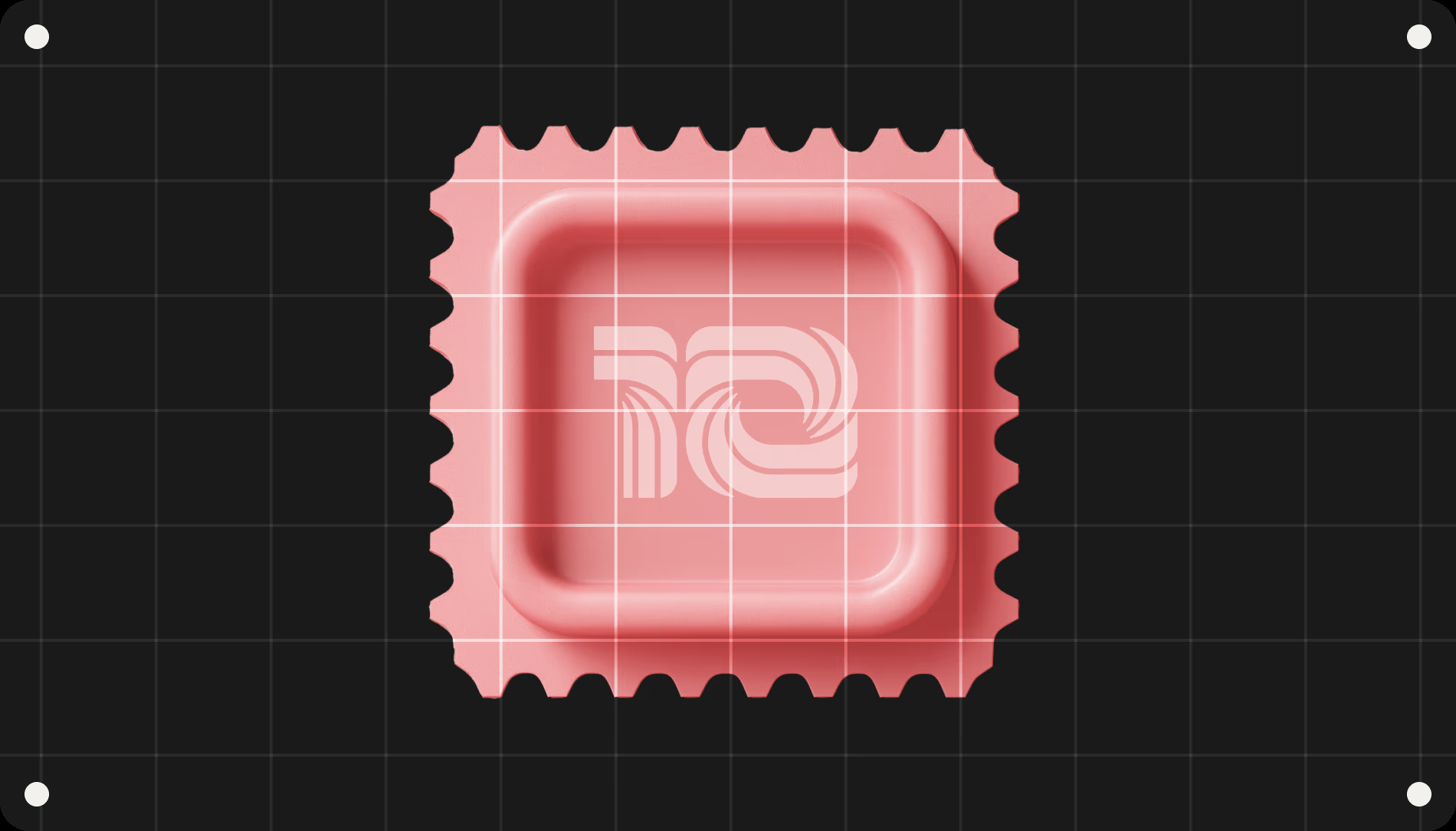Data is everywhere — like oxygen: you may not see it, but it plays a crucial role in our lives.
Think about the prices at your local grocery store, the ads that seem to know just how to hook you, or the decision for a business to expand into a new market. In the modern day, all of these decisions are now being driven by data.
Of course, data can’t function solely on its own, even with the power of machine learning and AI. It requires specialized knowledge to harness — and that’s where data analysts come in.
Does the job ring a bell? If not, don’t stress! We’ll break down how to become a data analyst with no experience (or non-traditional experience), what the job entails, typical data analyst qualifications, and why it’s a career worth considering.
What is a data analyst?
Data analysts are similar to but not the same as data scientists. Data scientists build and train predictive models to automate data analysis, a skill that often requires a stronger background in statistics, math, and machine learning.
What do data analysts do?
Data analysts collect, interpret, and analyze large datasets to find patterns and insights that help guide business decision-making. They pull data from databases, make it homogenous and consistent, run analysis, create charts and dashboards, and present findings to stakeholders. Basically, data analysts turn raw numbers into answers, like figuring out why sales dropped, which customers are most valuable, or what products to stock.
There’s a lot of data that companies collect. It’s a data analyst’s job to turn that raw data into something easy to understand, sort, and pull information from.
This process requires them to use programming languages such as Python or SQL to streamline the data collection and storage process. Data analysts also lean on data visualization tools like Looker or Tableau to make intuitive and dynamic graphs or charts. Of course, they also account for the precise needs of stakeholders and communicate their findings in a clear and concise way to those same people.
Why start a career as a data analyst?
Data analytics can be an incredibly rewarding career.
You'll also have the opportunity to apply your skills to a variety of use cases. You'll develop valuable skills that transfer, gain opportunities to work remotely, and you can even advance into higher-paying roles like data scientist or analytics manager if you go for additional training.
Data analysts are in high demand, providing much-needed job security for some people. The U.S. Bureau of Labor Statistics predicts that by 2031, data-focused occupations will experience up to 36% growth, and continue to garner higher than average wages. In some locations, a data analyst salary can reach up to $90,000 a year.
Is it possible to become a data analyst with no prior experience or a college degree?
Yes, it is possible! You can't become a data analyst with zero experience at all, but the good news is you don't need a formal degree. The skills you need can be learned through bootcamps, online certifications, or internships.
What actually matters is picking up the skills: Excel, SQL, Python, and tools for making charts and graphs. Most companies care way more about whether you can actually do the job than what your diploma says.
Take into consideration the many data analysts who came from different tech jobs, or from completely unrelated fields like healthcare or customer service.
4 steps to becoming a data analyst
These are our best tips for how to get an analyst job, and what you need to learn to become a data analyst before you even start your search:
1. Assess your strengths, knowledge gaps, and career goals
It’s always a good first step to reflect on what you do, and don’t, know how to do in the realm of data analytics. Just as important is assessing what you’re truly passionate about. Only once you’re confident in these areas can you make your next moves toward a data analytics career.
Maybe you’re a software developer who wants to move to the data side, so you can skip coding tutorials in favor of data-specific training. Alternatively, if you’re starting from scratch, you can’t as easily brush over this topic.
It’s also possible you just want to get better at using data in your current role. In that case, you might prefer a short class or attending a conference instead.
2. Expand your hard skills in a self-paced or structured program
The reality is, if you’ve never done data analysis with SQL or been exposed to a tool like Power BI, you’re likely not ready to become a data analyst full time.
A bootcamp is one of the most common routes to take, mostly because it balances immersive, hands-on instruction with scheduling flexibility — all at a reasonable price. Often, too, these programs have partnerships with top tech companies or robust career and job placement services — making it easy to find your next role once you’ve completed your education. Another popular and recommended option is taking an online or in-person data science certification at a reputable university.
Take the time to research the curriculum and cost/benefits in depth, and also gather perspectives from past and current students. They can give you insight into whether a program delivers on what it promises.
3. Don’t sleep on your soft skills
Sure, successful data analysts are equipped with strong hard skills. But they also know that their soft skills carry just as much, if not more, value than their technical skills.
Knowing how to communicate well — in writing or in person, to large or small groups, to experts or data newbies — allows data professionals to turn their work into tangible results. It also helps them prove their value to an organization when up for a promotion or job change. Good problem solving and critical thinking skills assist them in overcoming hurdles as they sift through large data sets. Attention to detail ensures they don’t miss important data points or anomalies.
The gist: Soft skills matter, so hone them, practice them, and make them visible on job applications and in job interviews.
4. Leverage all the recommended job search strategies
If you’re wondering how to get an entry-level data analyst job, think back to all the common job search advice out there.
Entry-level data analyst requirements vary by organization, so once you know where you want to work, cater all your application materials to that company, highlighting keywords that overlap between the job description and your experience. Touch on not just what you can offer but the direct impact of your previous work, such as whether it created efficiencies or improved click-through rates.
How to increase your chances of getting hired as a data analyst
Getting a referral from a former colleague, friend, or industry connection is one of the best ways to increase your hit rate for data analyst jobs. Choosing a speciality within data analytics — focusing on marketing or finance analytics, or a specific tool, for example — can also help you stand out and avoid competing with a large pool of candidates.
You’ll also want to keep your data analyst skills and knowledge fresh. You can do so by taking on new projects or shadowing a mentor within your current job, networking with data analytics specialists outside your organization, contributing to an open-source project or hackathon, attending conferences focused on emerging data trends in your industry, or signing up for an online course.
Real success stories from our graduates who became data analysts
You know how we said anyone can become a data analyst without a datadegree? Well, we have the proof to back it up:

Pedro Gomes was a consultant who signed up for TripleTen’s part-time bootcamp to improve how he used data. But upon completion, he was so excited about the skills he built that he transitioned to data analytics completely, eventually ending up in a data engineering role at AI tech company RedCloud.

AC Slamet came from a job far outside the realm of data analytics: he was a TV producer. Burned out from a grueling schedule and inspired by a show about the future of tech, he decided to attend TripleTen’s Data Analytics program (which is now part of the Business Intelligence Analytics Bootcamp). Just three months after finishing up the bootcamp, he landed a job as a data analyst at an ad agency.
Become a data analyst with TripleTen
Wondering how to start your data analyst career? TripleTen is built for beginners and learners of all types. Its bootcamps don’t just cover all the essential ingredients of a successful data science or data analytics career, but also take students from the classroom into real-world scenarios, where they can put their learning into practice.
And if getting a job as a data analyst matters to you, you might be reassured to know that 82% of TripleTen graduates land a job within six months of graduating.
Take a look at the programs we offer. If you’re stumped on the tech job for you, in analytics or otherwise, try out our two-minute tech career quiz.
FAQ
How long does it take to become a data analyst?
If you're brand new to this and putting in regular study time, you're looking at maybe 3-6 months to get the fundamentals down through a bootcamp or teaching yourself. Getting to the point where you're actually ready to land a job with some projects under your belt? If you’re not at a bootcamp that gets you job-ready by design, that can take a few more months. Already working with data somehow? You might be able to switch over faster.
What programming languages do I need to know?
SQL is non-negotiable. You'll be using it all the time to grab data and turn it into actual insights. Then you’ll want Python (and in some cases R) to do your actual analysis and make visualizations. After you've nailed that, the other languages are just nice to have.
Do I need certifications to get hired as a data analyst?
No, you don’t need certifications to get hired as a data analyst. What actually gets you a job is showing you can do the work. Put together some solid projects and post them on GitHub. Something like Google's Data Analytics Certificate or other cheap options might help a little, but nobody's demanding them. Instead of chasing certificates, spend your money and time learning skills and building projects that prove you know what you're doing.
How do I get my first data analyst job without experience?
Do your own projects with actual data from sites like Kaggle or government databases. Offer to help nonprofits or small businesses with their data for free. If you've got a job now, see if you can take on anything data-related there. Put together a portfolio showing off what you've built. Get active on LinkedIn and attend local meetups about data. And apply for junior positions even if you don't think you're totally qualified yet.
Is it too late to become a data analyst if I'm over 30?
In no way is it too late to become a data analyst if you’re over 30. Data analytics isn't just about technical skills. It's also about solving problems and understanding how businesses actually work, which you probably grasp better now than you did at 22. Tons of people switch into this later on, and when you come into the field with previous experience, that can even make you more attractive to employers.
What salary can I expect as an entry-level data analyst?
Starting out, you're probably looking at something between $50K-$70K, though it really depends on where you are and what industry you get that first job in. For example, tech and finance companies in bigger cities tend to pay more than nonprofits in small towns. But after you've been doing it a few years, you can expect something more like $70K-$90K.
What's the best way to learn data analytics?
It totally depends on your situation. Teaching yourself is the cheapest option but you'll need discipline, and there’s no guarantee you’ll be learning what you need to know. A degree takes years and can put you in real debt, though some companies still like seeing one. The middle ground is a bootcamp. It gives you the get-hired knowledge you need for a fraction of what college costs (and in a fraction of the time).











.avif)









